Description
Wisdom, Attachment, and Love in Trauma Therapy focuses on the creation of the therapist as healing presence rather than technique administrator–in other words, how to be rather than what to do. Trauma survivors need wise therapists who practice with the union of intellect, knowledge, and intuition. Through self-work, therapists can learn to embody healing qualities that foster an appropriate, corrective, and loving experience in treatment that transcends any technique. This book shows how Eastern wisdom teachings and Western psychotherapeutic modalities combine with modern theory to support a knowledgeable, compassionate, and wise therapist who is equipped to help even the most traumatized person heal.
The winner of both the 2019 Silver Nautilus Award and the 2019 Pinnacle Book Achievement Award
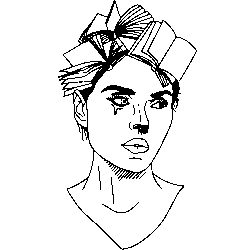
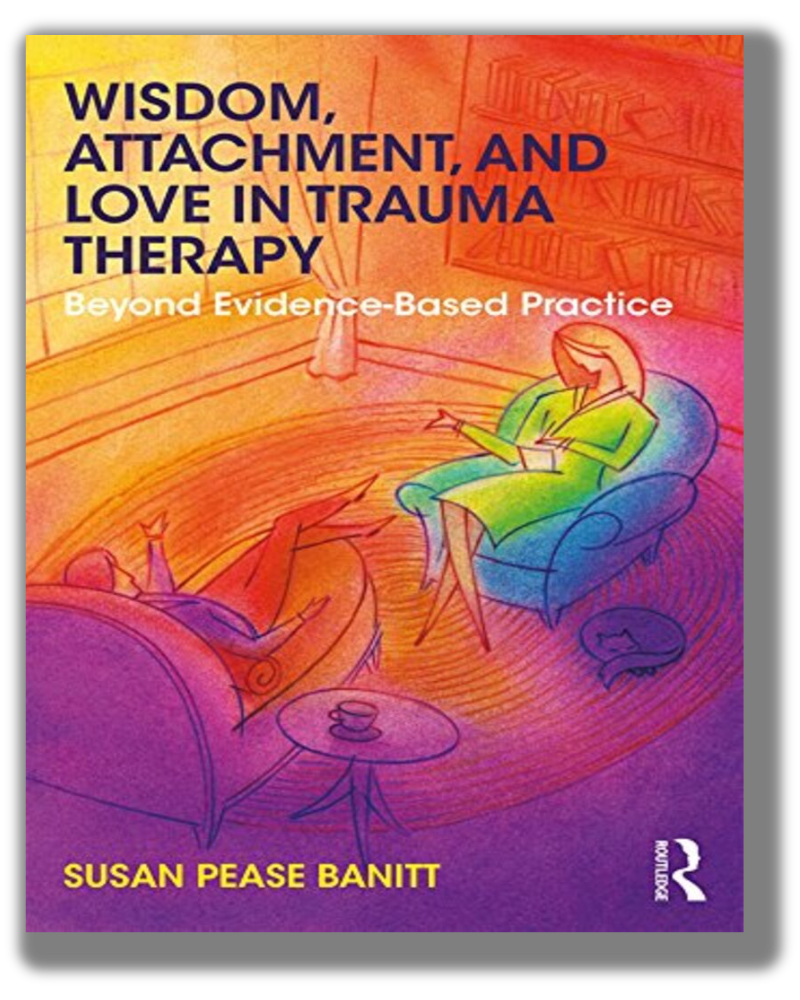
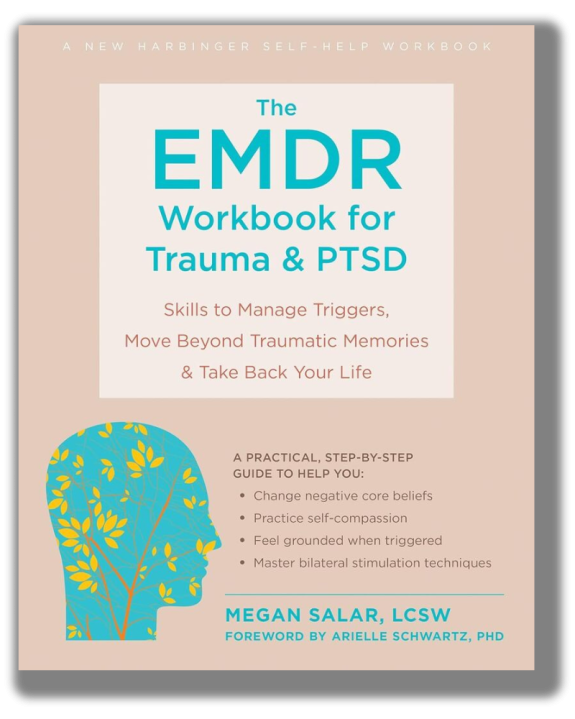
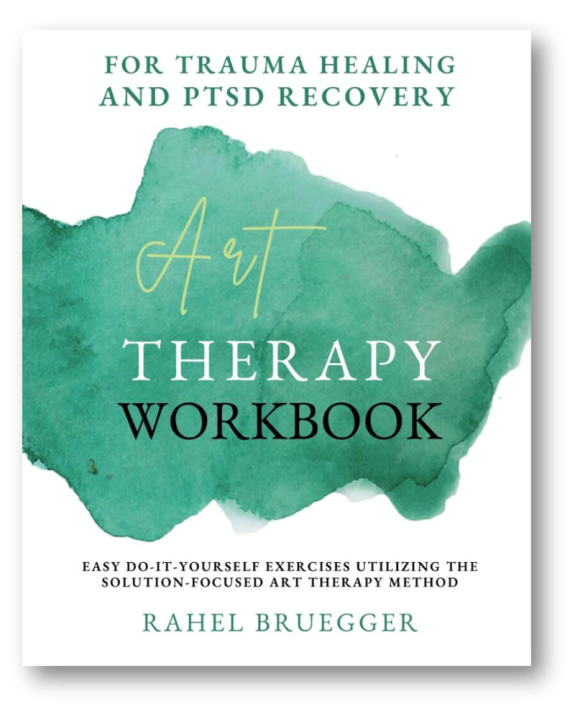
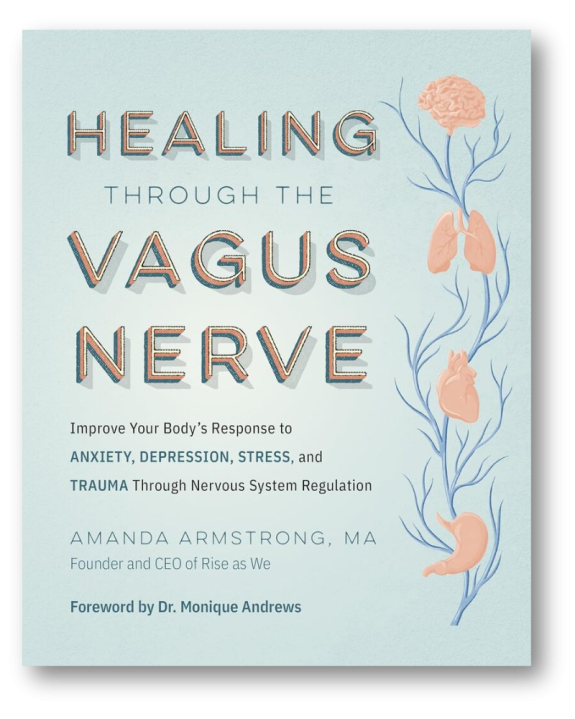
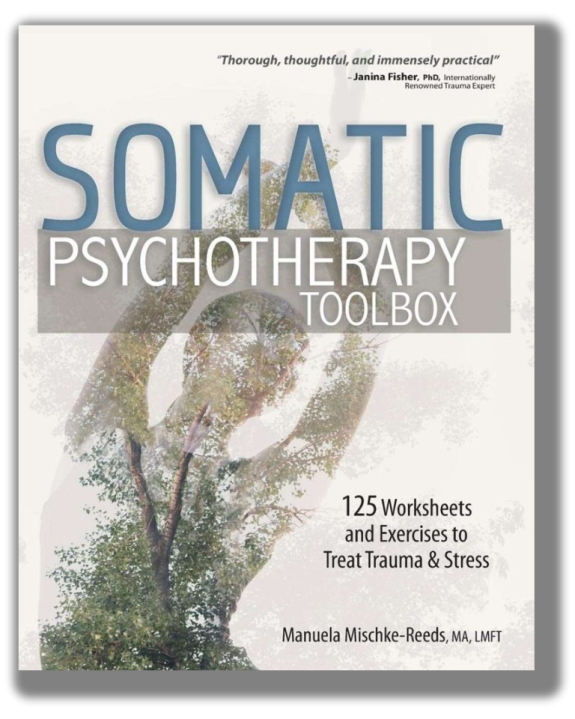
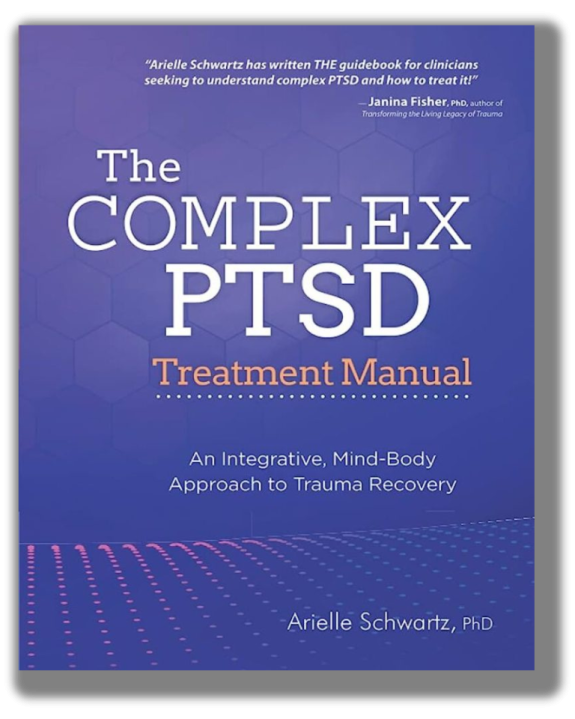
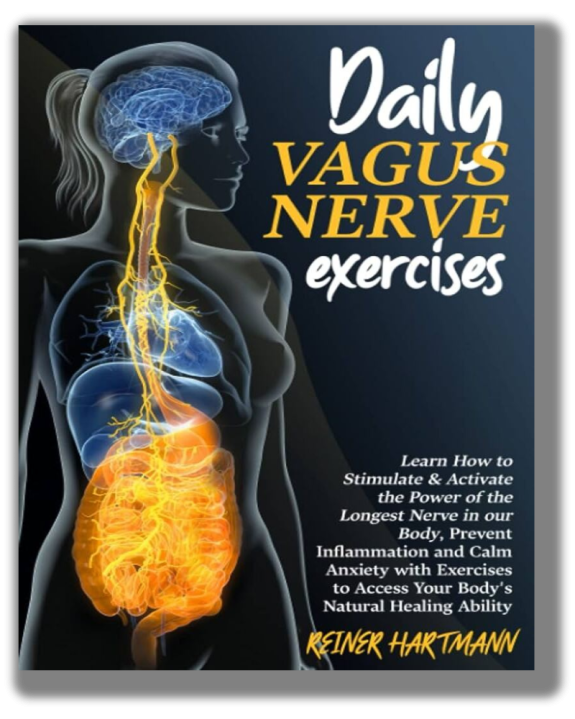
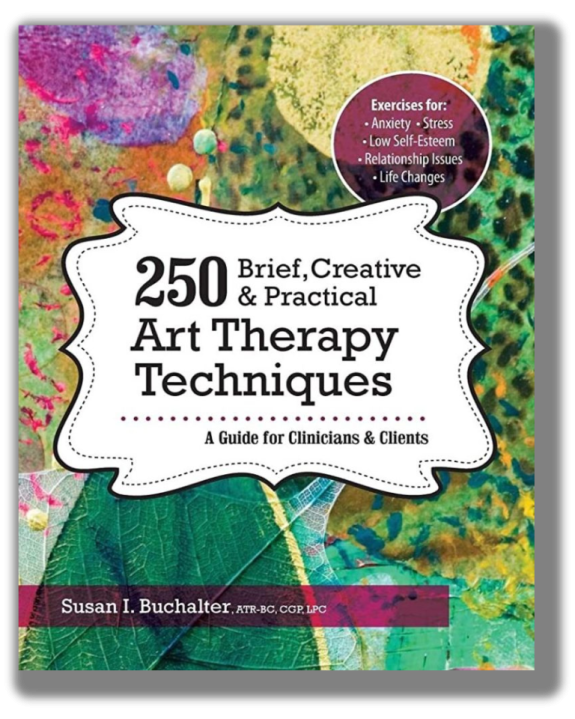
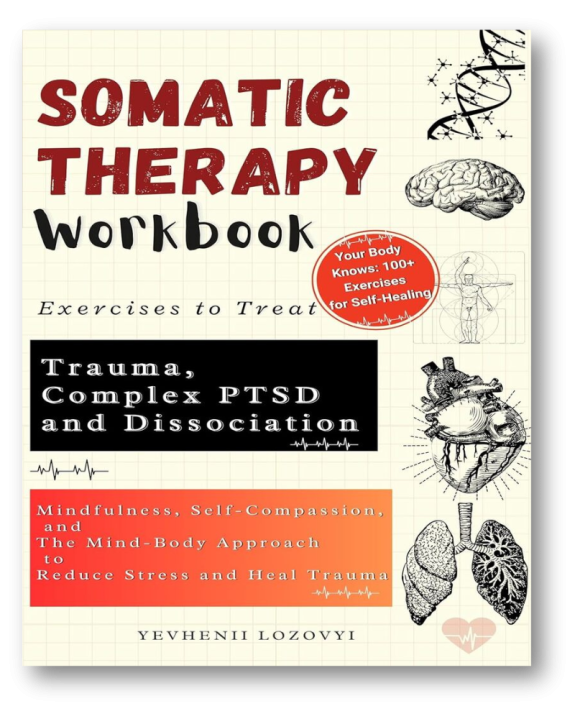
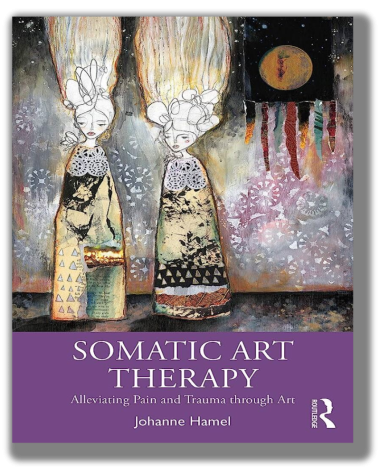
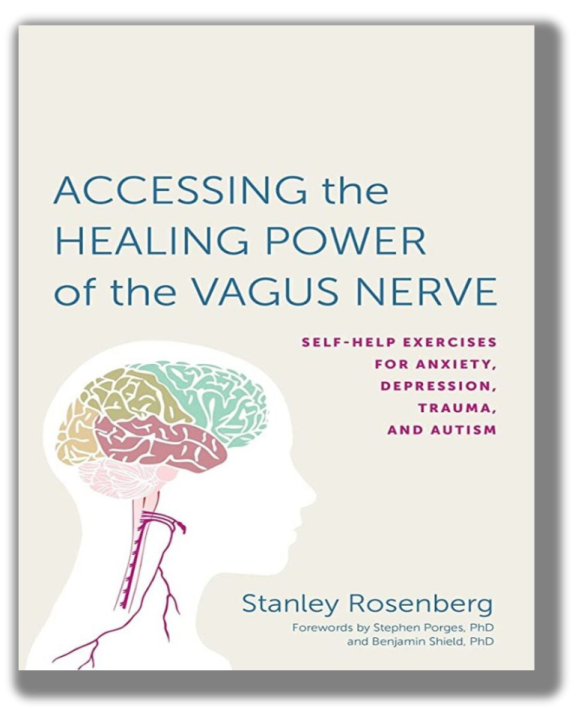
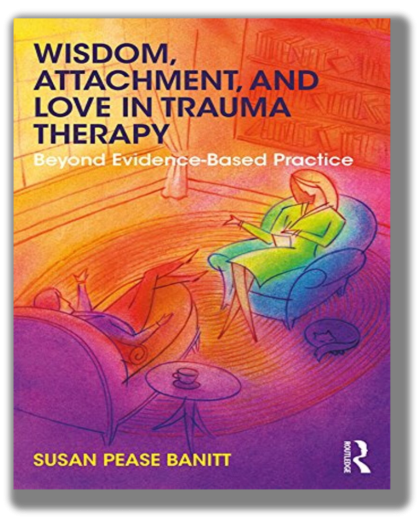
I am an LPC, Somatic Experiencing Practitioner with over 10 years of experience in trauma therapy. How I wish I had this book in graduate school!
Susan Pease Bannit has written a guidebook for how to bring the relationship between client and therapist into the room, rooted in both boundaries and love, and Eastern Wisdom. I will return to this book often. I have learned specifics on ego development, relationship repair, and therapist self care that goes far beyond what I previously knew. I can’t recommend this book highly enough!
As a trauma therapist and believer in magic, I was thrilled to read this book as it confirmed my belief that attachment and love are crucial to healing complex trauma. We have lost our capacity to be human in this world of “evidence-based” practice; graduate programs caution us to dismiss our intuition and agencies force us to leave our humanity at the door and rigidly adhere to practices that are wildly unhelpful and often hurtful to clients with deep attachment wounds and complex trauma. Writing and publishing this book was a generous and courageous act and I am so grateful to Susan for her authenticity, wisdom, and love.
Amazing book! Filled to the brim with wisdom, experience and true compassion. I am so inspired reading this, both in my profession as a mental health nurse and as a buddhist practitioner.
As a therapist we rarely talk about this important information. Much needed.
I read this book toward the end of the summer and as I look back on the readings to write this review, I’m revitalized. I remember how inspired I felt each time I ended a chapter. She describes characteristics of a well-rounded therapist that is not limited to Western concepts and textbook applications. While she honors and skillfully describes neuroscience and the importance of continued learning, the author explains how wisdom-based practices enhance healing in the therapy session. Simply said, intelligence and theory are ineffective unless it’s encompassed by wisdom. Wisdom, Attachment, and Love in Trauma Therapy fuses such concepts together to provide a basis for wholesome therapy. As an added touch, Susan weaves together personal experiences and a subtle sense of humor that help the reader feel more connected to material and the author herself. I will pick this book up time and time again.